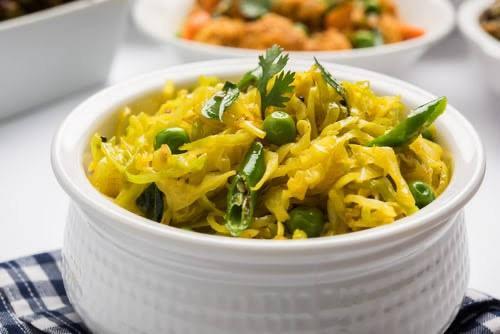


Making tasty vegetables is also an art. If you want to make everyday vegetables tasty, then it is important to make them in the right way, like using the right amount of spices. Similarly, adding water to every vegetable is not necessary, and in some cases it can spoil the taste, texture and nutrition of the vegetable. Let us know why this happens and in which vegetables water should not be added. Why should water not be added to some vegetables?
Contains natural moisture
Some vegetables already contain a sufficient amount of water. When they are cooked on low flame during cooking, they release their moisture.
The taste becomes weak
Adding extra water can dilute the taste or make the original flavor of the vegetable disappear.
The texture is spoilt
Adding water can make the vegetables soft or rotten.
Essential nutrients may be lost
Boiling or adding excess water causes nutrients to dissolve in water, especially water-soluble vitamins like vitamin C and B-complex.
Vegetables that should not be watered (or very little water should be added)
ladyfinger
Water should never be added to bhindi as adding water makes it sticky. It should be roasted dry on low flame.
Eggplant
Eggplant itself contains a lot of moisture. Excess water makes it mushy and tasteless.
Mushroom
It already contains 80-90% water. It releases its water while cooking.
Cabbage
These also release moisture when fried. Adding water will make them melt very quickly and may make them tasteless. Zucchini, bottle gourd, tinda – these vegetables also release water when cooked. If water is added, they become more watery and thin.
What to do
Cook on low flame and keep it covered so that the vegetable gets cooked in its own steam. If needed, you can sprinkle a very small amount of water, but do not boil it at all.
-
Thuram injury confirmed after Inter 1-1 Monterrey draw at Club World Cup

-
Report: Students dropping out of school at secondary level in 12 states, Centre appeals to states to take concrete steps..

-
How to apply for FASTag Annual Pass from home? Toll-free travel throughout the year

-
International Yoga Day: Yoga will create a successful future, know the best ways to make a career; start like this..

-
A new feature coming in WhatsApp group call will change the way of conversation
